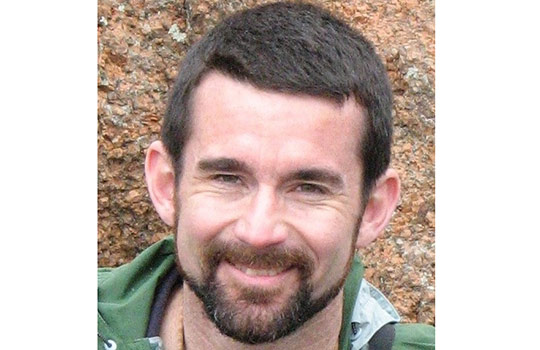 Much has been written in recent years about “narrative medicine” or “narrative based medicine,” and there has even been discussion of how to integrate “narrative” and “evidence based” medicine in both journal articles and books.
Much has been written in recent years about “narrative medicine” or “narrative based medicine,” and there has even been discussion of how to integrate “narrative” and “evidence based” medicine in both journal articles and books.
Most of this work (very helpfully) focuses on the narratives of patients: who they are as people, how their sufferings affect them, how they create or find meaning, etc. These are all important considerations, but what about our narratives of our work as physicians or healthcare professionals? In what story context do we see our work?
Are we “healthcare providers?” The term “first appeared in the modern healthcare lexicon as a shorthand referring to delivery entities such as group practices, hospitals, and networks,” and frames the work of the physician primarily in terms of goods, services, and reimbursement. Are we primarily about a commercial exchange over services “provided?”
Or are we population managers? There has been increasing emphasis on “pop health” (as it is sometimes abbreviated), to the extent that guideline based registries are used to evaluate the work of physicians and to guide (or berate?) patients into “compliance.” Are we primarily about making sure our patients fit the measures and stay with the program?
Or are we instead system managers? Many advances in healthcare (especially around issues of safety) have been inspired by processes used in the airline industry—and often with good effect. However, physicians are not pilots, and people are not planes. Safety in medicine is of the utmost importance, but individual people need to be guided and supported in making their individual decisions—one size does not necessarily fit all.
Ten years ago I reviewed a book on the future of primary care, which noted even then that with the current trends in healthcare, patients are often left wondering “who is my doctor?” An important question at the time, and just as important now.
There are many competing narratives that can frame our work as physicians. They do not need to be mutually exclusive, and different narratives may highlight a variety of different important aspects of our work in patient care.
Nevertheless, precisely because of the varied nature of the narratives currently “out there” in the common social consciousness, those of us who are physicians need to think carefully about the overarching narratives within which we frame our work.
Processes, systems, and business considerations are all important parts of patient care, but these all need to be framed underneath the overarching narrative of caring, healing, and comforting.
What is your story?
William E Cayley Jr practices at the Augusta Family Medicine Clinic; teaches at the Eau Claire Family Medicine Residency; and is a professor at the University of Wisconsin, Department of Family Medicine.
Competing interests: “I declare that I have read and understood BMJ policy on declaration of interests and I have no relevant interests to declare.”
